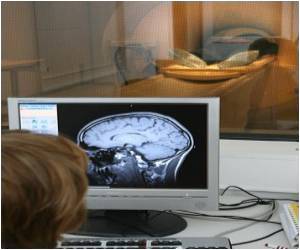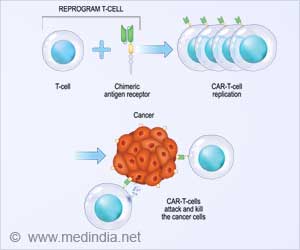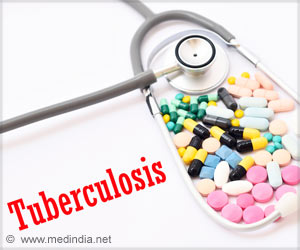A lack of deep sleep has been related to an increased risk of stroke and Alzheimer's disease.
- People with sleep apnea and reduced deep sleep may have higher levels of brain biomarkers associated with an increased risk of stroke, Alzheimer's disease, and cognitive decline
- The study shows a relationship between sleep disruptions and changes in the brain but does not prove causation
- The decline in slow-wave sleep percentage is linked to a rise in white matter hyperintensities and decreased axonal integrity, indicating early cerebrovascular disease and an increased risk of Alzheimer's and stroke
Bidirectional relationship between sleep and Alzheimer's disease: role of amyloid, tau, and other factors
Go to source). According to new research, those who suffer from sleep apnea and spend less time in deep sleep are more likely to have brain biomarkers associated with an elevated risk of stroke, Alzheimer's disease, and cognitive decline (2✔ ✔Trusted Source
2023 Alzheimer's Disease Facts and Figures
Go to source).
What Led to the Decline of Brain Health?
The researchers discovered that for every 10-point fall in slow-wave sleep percentage, there was a rise in the number of white matter hyperintensities, a biomarker seen as microscopic lesions on brain scans, equal to the effect of being 2.3 years older.The same decline was linked to decreased axonal integrity, which creates the nerve fibers that connect nerve cells, and was similar to the effect of being three years older.
The volume of white matter hyperintensities in people with severe sleep apnoea was higher than in people with mild or moderate sleep apnoea. In addition, they had decreased axonal integrity in the brain.
The researchers took into account age, gender, and diseases that may increase the likelihood of brain alterations, such as high blood pressure and high cholesterol.
“These biomarkers are sensitive signs of early cerebrovascular disease,” said Diego Z. Carvalho, from the Mayo Clinic in Minnesota, and a member of the American Academy of Neurology.
Low Sleep can put you at Risk of Alzheimer’s and Stroke
“Finding that severe sleep apnoea and a reduction in slow-wave sleep are associated with these biomarkers is important since there is no treatment for these changes in the brain, so we need to find ways to prevent them from happening or getting worse.”The subjects had no cognitive impairments at the start of the trial and had not developed dementia by the end.
“More research is needed to determine whether sleep issues affect these brain biomarkers or vice versa,” Carvalho said. “We also need to look at whether strategies to improve sleep quality or treatment of sleep apnoea can affect the trajectory of these biomarkers.”
References:
- Bidirectional relationship between sleep and Alzheimer's disease: role of amyloid, tau, and other factors - (https://pubmed.ncbi.nlm.nih.gov/31408876/)
- 2023 Alzheimer’s Disease Facts and Figures - (https://www.alz.org/media/documents/alzheimers-facts-and-figures.pdf)
Source-Medindia
















